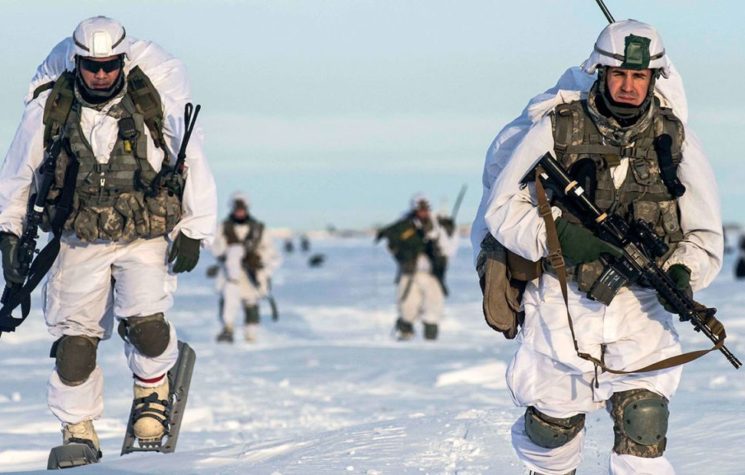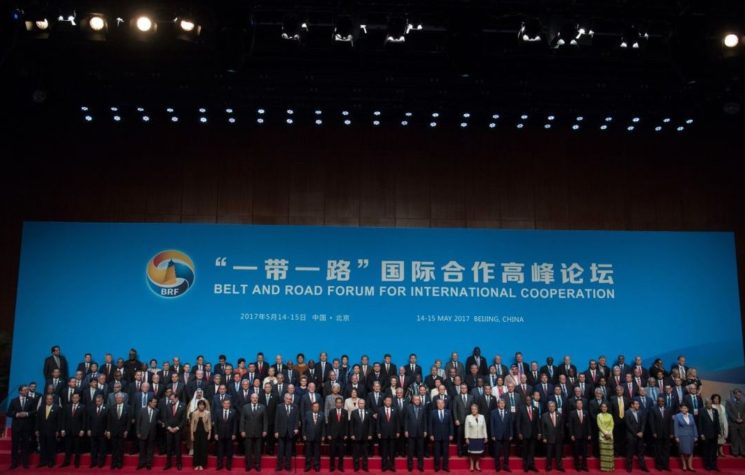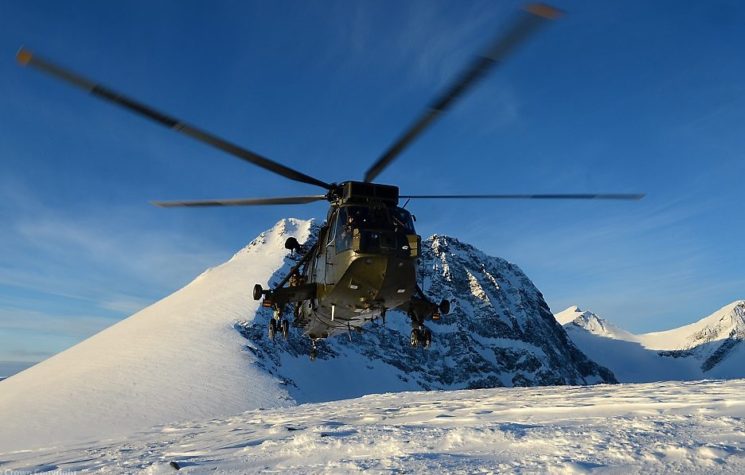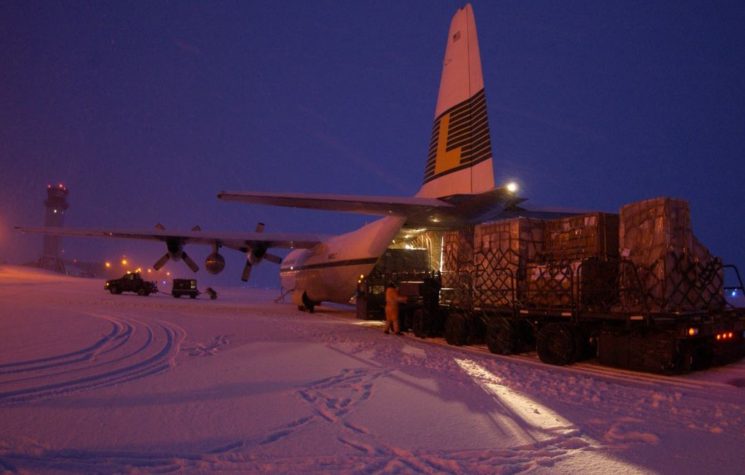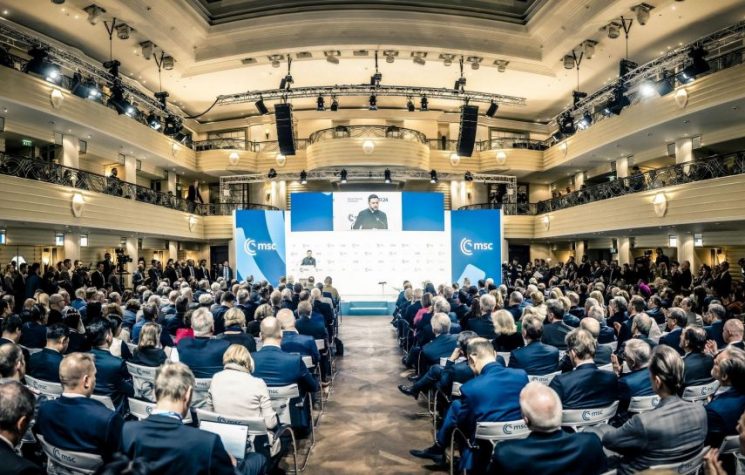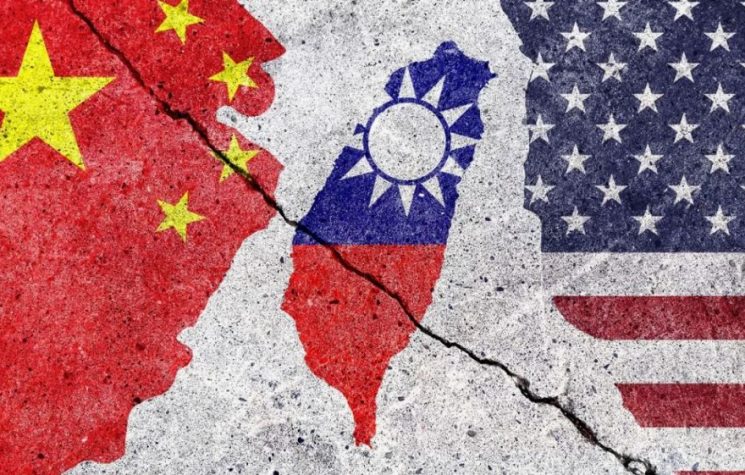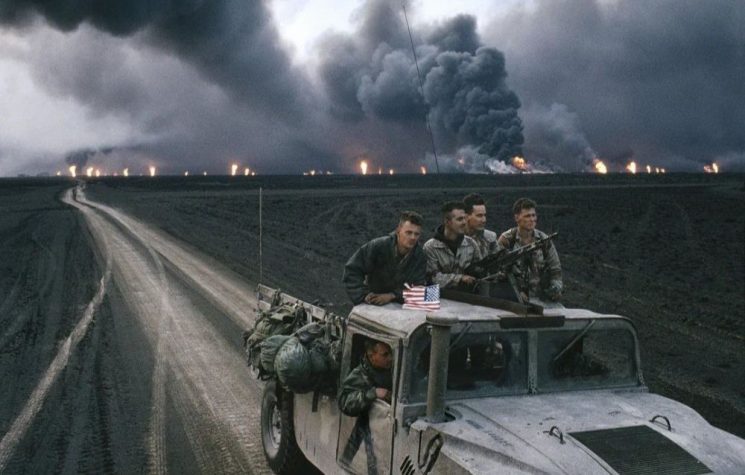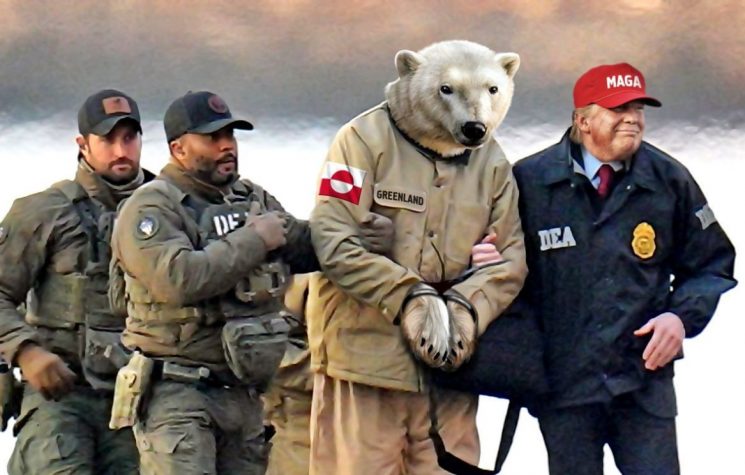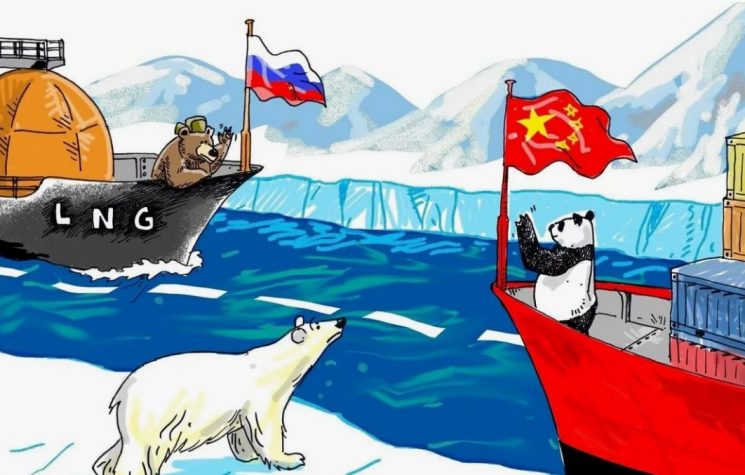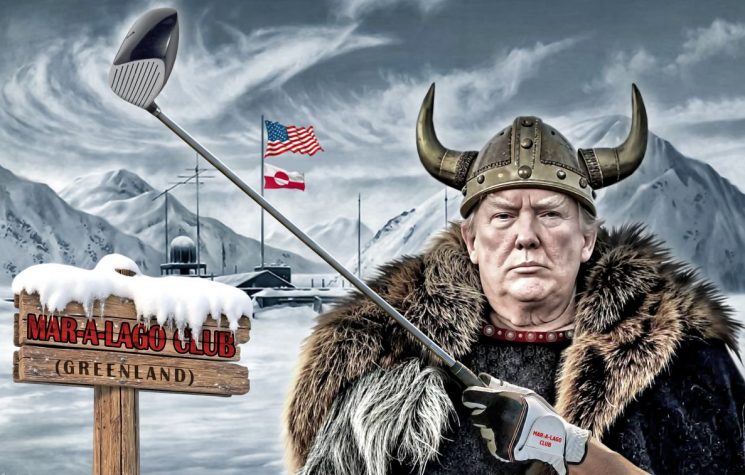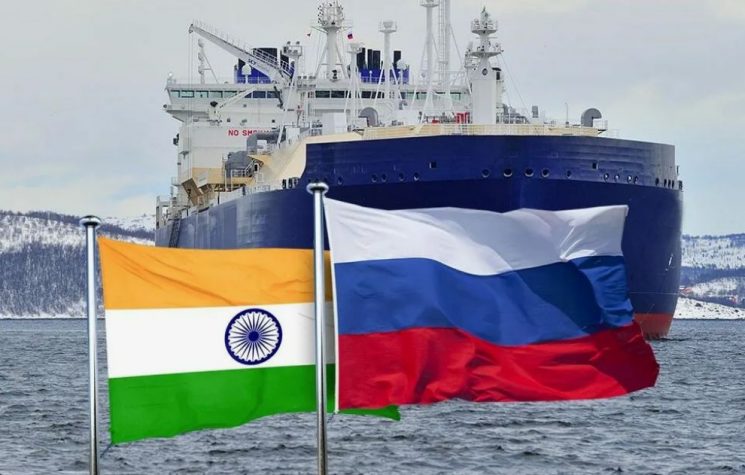The Pentagon’s recent Report to Congress on Arctic Strategy makes it clear that the US considers the region as “US homeland” and therefore “When necessary and appropriate, the United States will challenge excessive maritime claims in the Arctic to preserve the rules-based international order and the rights and freedoms of the international community in navigation and overflight, as well as for other, related high seas uses.”
In this example of US intentions, the Pentagon is firmly backed by US Secretary of State Mike Pompeo, who is a dangerous man. Many of us imagined that with the ignominious exit of National Security Adviser John Bolton there might be reason to relax, but Pompeo has always been a sabre-rattler, and recently turned his menacingly mercenary gaze on the Arctic.
There are many pressing priorities in US external affairs, because the White House and the Washington establishment in general have lost no opportunity to increase tension and confrontation world-wide, with grim consequences for the inhabitants of countries targeted by the Military-Industrial Complex. Pompeo has been energetic in many spheres, and boasted that the bodycount of Taliban in the first ten days of September had reached 1,000 (while omitting mention the number of Afghan civilians killed by US airstrikes), and told Fox News that talks with the Taliban were ended. The US-created crisis in the Persian Gulf is meat and drink to Pompeo, as are the provocative manoeuvres in the South China Sea by US warships and nuclear bombers.
So it is intriguing that Pompeo has decided to focus on the Arctic where, he alleged when speaking to the Arctic Council, Russia’s “actions deserve special attention, special attention of this Council, in part because of their sheer scale.” He is most concerned because “Russia announced plans to connect the Northern Sea Route with China’s Maritime Silk Road, which would develop a new shipping channel from Asia to northern Europe.”
It is barely believable that anyone would judge development of shipping trade lanes to be dangerous, but this gelled with the entirely inappropriate tenor of his address to the Council, as he concentrated on confrontation rather than cooperation. His pronouncements that there is a “pattern of aggressive Russian behaviour here in the Arctic” and “we know Russian territorial ambitions can turn violent” were at variance with the principles of the Council (Sweden’s foreign minister said bluntly that it “has never been the theme or the task for the Arctic Council to discuss security policy. It is a non-military and sort of peaceful council where other issues are being discussed”) — but Pompeo’s remarks on commercial exploitation of the region were evidence of where his real interests lie.
Pompeo declared “The Arctic . . . houses thirteen per cent of the world’s undiscovered oil, thirty per cent of its undiscovered gas, an abundance of uranium, rare-earth minerals, gold, diamonds, and millions of square miles of untapped resources, fisheries galore.” He rejoiced that the melting ice was revealing so much in the way of minerals, which will be of considerable profit to various US business enterprises, and as reported by Reuters, the US was brazen enough to refuse to sign the final Council declaration because “it disagreed with wording that climate change was a serious threat to the Arctic.”
And “serious threats” brings us to Koch Industries whose remaining active Koch Brother, Charles (David died in August), maintains the Koch tradition about climate change denial. Before Trump made Pompeo CIA Director and then Secretary of State, he was a member of Congress and, as noted by The Nation, “was the single largest recipient of campaign funds from the Koch Brothers in 2010. After winning election with Koch money, Congressman Pompeo hired a Koch Industries lawyer to run his office. According to The Washington Post, Congressman Pompeo then introduced bills friendly to Koch Industries while Koch hired outside lobbyists to support them.”
Pompeo and Trump follow the Koch Industries’ line on climate change and on the Arctic, because, as noted, there will undoubtedly be vast sums of money made when the region is exploited. But it goes a deeper than that, because in the 2016 US presidential election, when so many enormously rich people were securing future profits by backing Trump, it is interesting that “the top single corporate spender was Koch Industries, Inc., which spent $13.8 million in lobbying, followed by Exxon Mobil and Occidental Petroleum.”
As Think Progress records, during the 2010-2016 election cycle Pompeo received stacks of cash to ensure he would become a representative of the people of Wichita (where Koch Industries is based). He got “$335,000 from Koch Industries employees (including $92,000 just from the Koch family); $69,000 from the Koch Industries PAC; $417,175 from Americans for Prosperity (a right-wing advocacy group founded by the Koch brothers); plus another $87,532 from ‘Other outside groups heavily funded by the Kochs’.” Small wonder that he was known as “the Congressman from Koch.”
So Pompeo sings in chorus with his president and announced on Facebook that “Under President Trump, we are fortifying America’s security and diplomatic presence in the [Arctic] area. On the security side, partly in response to Russia’s destabilizing activities, we are hosting military exercises, strengthening our force presence, rebuilding our icebreaker fleet, expanding Coast Guard funding, and creating a new senior military post for Arctic Affairs inside of our own military.”
It is entirely justifiable that Russia, with by far the largest Arctic landmass, coastline and population of all eight nations of the Arctic Council, has the largest number of icebreakers in service and wishes to protect its territory. After all, as noted by the Arctic Institute, Russia has 53 percent of Arctic coastline — 24,140 kilometres — while the US seaboard in the Arctic is a mere 1,706 kilometres. Which is one reason for Trump having offered absurdly and insolently to buy Greenland (population 57,000), a dependency of Denmark whose ownership by Trump Washington would assuredly destabilise the region.
Washington is intent on militarising the Arctic, and will continue to use the supposed menace of Russia to justify its expansion. But the real reason for its focus on the region does not lie with Russia as such : it is entirely to do with commercial exploitation of mineral resources that are being revealed by ice-melt which the US Establishment weirdly denies is caused by global warming. Climate change is a major crisis caused largely by such US conglomerates as Koch Industries and Exxon, but Washington refuses to take action to control the surge to global catastrophe. The Military-Industrial Complex considers profits more important than human lives, and if the way ahead to increased profits necessitates military confrontation with Russia in the Arctic, then bring it on.
It was announced in September that the Pentagon has designated the NATO air base at Keflavik in Iceland as a “forward location . . . ensuring that it is engaged, postured and ready with credible force to assure, deter and defend the US,” and two B-2 strategic nuclear bombers refuelled there during operations in late August with one of them conducting a sortie within the Arctic Circle on the night of 4-5 September. Throughout September US forces have been conducting Arctic Expeditionary Capabilities Exercise 2019, involving “the US Pacific Fleet, Marine Corps Forces Pacific, US 3rd Fleet, Expeditionary Strike Group Three, and 1 Marine Expeditionary Force.” In relation to such manoeuvres, a US admiral stated that “Navy exercises and operations here are essential to the nation’s commitment to maintaining a stable, free and open region, particularly as we look to the Arctic.”
The cold war is making a resurgence, and Washington’s Arctic antics are ensuring that it keeps warming up.








